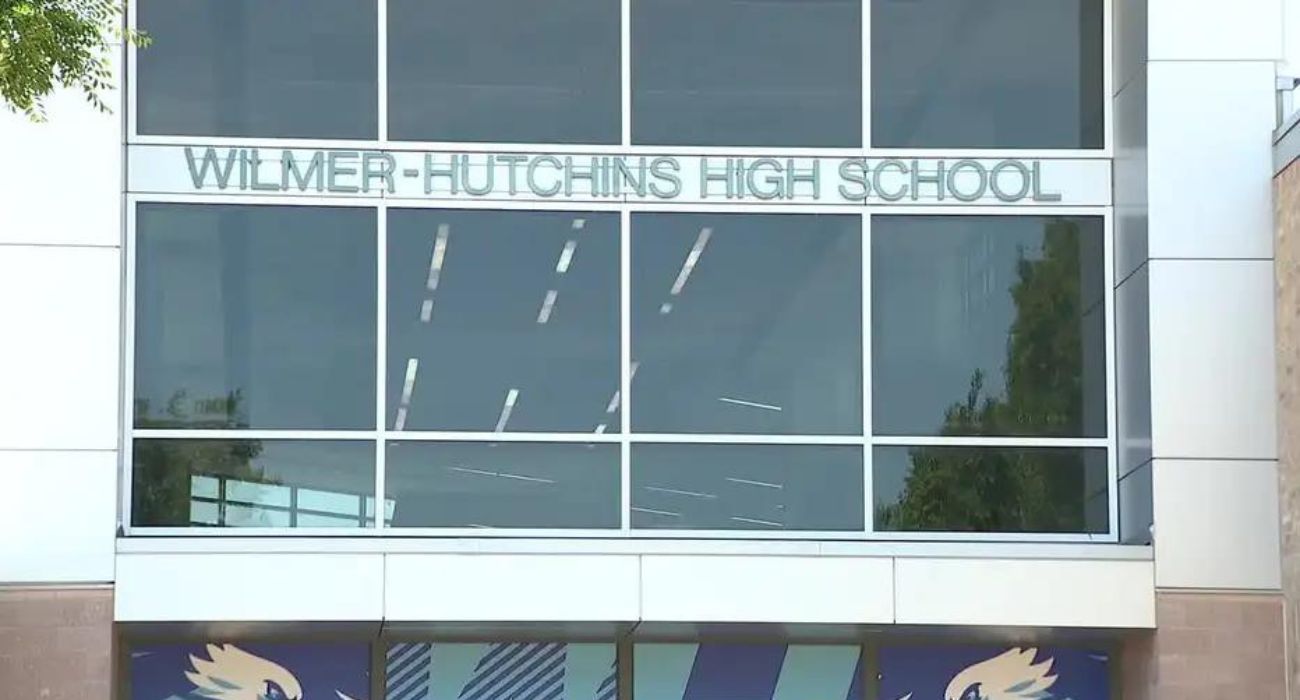The Texas State Board of Education (SBOE) heard updates on educational issues confronting the Texas workforce during the first day of its regular meeting in Austin on April 11.
Bryan Daniel, the chairman and commissioner representing the public for the Texas Workforce Commission, spoke to the SBOE and answered questions concerning how the educational system could better prepare students for employment. He opened by praising the status of the economy in Texas, noting that the labor market is strong for employees.
“You will see a very robust workforce in Texas,” he told the SBOE. “There are more people working in Texas today than there has ever been.”
Daniel said more job positions are available than people in the state who report being unemployed and looking for work.
He identified two professions in particular that are always in need of workers: “We can always use more nurses, and it has been that way for about a decade, … [and] the same can be said of truck drivers.”
While about 35% of jobs in Texas require a college degree, Daniel noted that a number of jobs in the workforce do not.
“Fifty-six percent of the jobs in this state require some training after high school but don’t necessarily require a college degree,” Daniel said. This large body of jobs might demand a certificate or license but not a four-year university education.
“There are opportunities for people to get these skills in high school,” he added. “When we talk to employers, this is what they are concerned about, these are the jobs they’d like to fill.”
“These are high-paying jobs,” Daniel explained, pointing to many trade professions that do not require a college education but offer substantial salaries. “There is a wealth of opportunity out there if we can get people the skills they need.”
Daniel emphasized that many employers do not have a relationship with leaders in the education industry and urged greater communication between economic and educational stakeholders.
“I think our opportunity is to engage in more direct conversations,” he added.
After the presentation, SBOE Member Pam Little (R-Fairview) asked, “Is there any way we can get a survey or feedback from businesses about specific skills they are looking for?”
Daniel explained that he could help in many ways, either by working with the SBOE to conduct the survey or facilitating interaction with companies.
Little asked if the board could take a step to initiate a survey, and Chairman Keven Ellis said, “I think there is some way we could dialogue and work together to accomplish that.”
Daniel also told the SBOE that his organization is compiling a compendium of all the various credentials required for every industry in Texas, enabling people to evaluate what options are out there.
“We cover every conceivable industry,” he explained.
Board member Patricia Hardy (R-Fort Worth) applauded the creation of the certification database.
“I commend you for pulling together and coming up with that database,” she said. “It’s a good thing for schools to understand.”
Member L.J. Francis (R-Corpus Christi) echoed Hardy’s support for the certification compendium.
Further dialogue between Daniel and the SBOE covered the importance of work ethic, dependability, and the acquisition of soft skills by students and employees. Daniel and the board discussed more ways to effectively connect workforce demands with educational initiatives.
However, Lynn Davenport, a career coach for unemployed people, raised concerns that schools “are supplanting academics with workforce training,” during the time for public comment on Commissioner Daniel’s presentation.
“I think it’s important for us to go back and focus on the basics,” she added, urging that a stronger focus on reading, writing, and math should take priority over workforce credentialing.
Other speakers, including Meg Bakich, similarly claimed that the SBOE was viewing education merely as a pipeline to fulfill corporate interests at the expense of undermining the primary purposes of schooling.
“Our children are not human capital for corporations,” Meg Bakich asserted.
In support of their statements, Davenport and Bakich pointed to the significant portions of Texas students who failed to graduate on time or failed to perform at grade level.
For example, in Dallas ISD, only 81.1% of students graduated on time in 2021, according to data from the Texas Education Agency. Similarly, from third to eighth grade, only 29% of students performed at grade level in reading and mathematics in 2022.
In his comments, Daniel said that any discussion of workforce training was predicated on the assumption that the basics of reading, writing, and arithmetic were being sufficiently taught.






